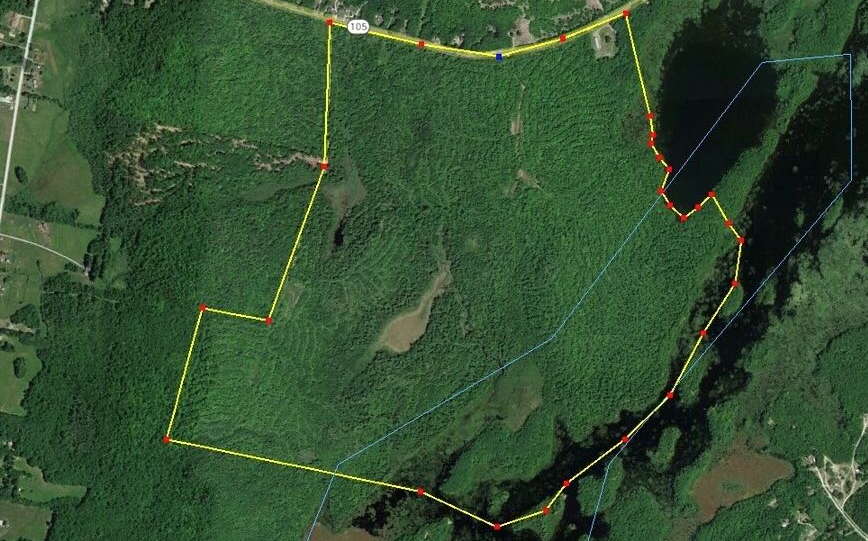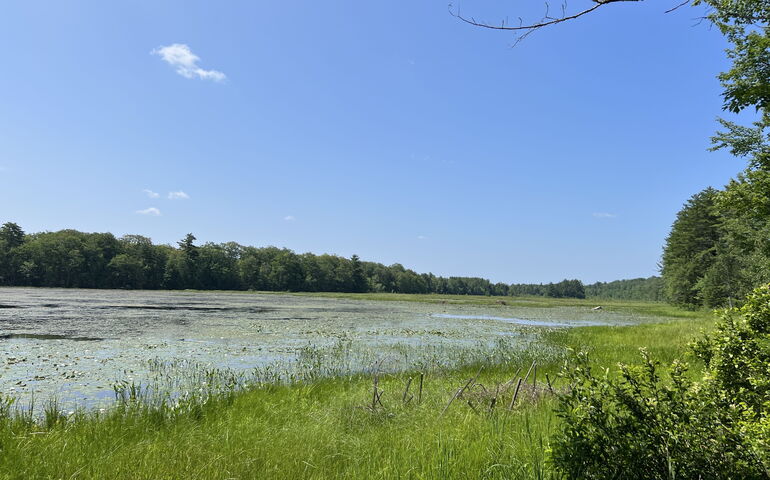
Processing Your Payment
Please do not leave this page until complete. This can take a few moments.
- News
-
Editions
-
- Lists
-
Viewpoints
-
Our Events
-
Event Info
- Women's Leadership Forum 2025
- On the Road with Mainebiz in Bethel
- Health Care Forum 2025
- On The Road with Mainebiz in Greenville
- On The Road with Mainebiz in Waterville
- Small Business Forum 2025
- Outstanding Women in Business Reception 2025
- On The Road with Mainebiz in Bath
- 60 Ideas in 60 Minutes Portland 2025
- 40 Under 40 Awards Reception 2025
- On The Road with Mainebiz in Lewiston / Auburn
- 60 Ideas in 60 Minutes Bangor 2025
Award Honorees
- 2025 Business Leaders of the Year
- 2024 Women to Watch Honorees
- 2024 Business Leaders of the Year
- 2023 NextUp: 40 Under 40 Honorees
- 2023 Women to Watch Honorees
- 2023 Business Leaders of the Year
- 2022 NextUp: 40 Under 40 Honorees
- 2022 Women to Watch Honorees
- 2022 Business Leaders of the Year
-
-
Calendar
-
Biz Marketplace
- News
- Editions
- Lists
- Viewpoints
-
Our Events
Event Info
- View all Events
- Women's Leadership Forum 2025
- On the Road with Mainebiz in Bethel
- Health Care Forum 2025
- On The Road with Mainebiz in Greenville
- On The Road with Mainebiz in Waterville
- + More
Award Honorees
- 2025 Business Leaders of the Year
- 2024 Women to Watch Honorees
- 2024 Business Leaders of the Year
- 2023 NextUp: 40 Under 40 Honorees
- 2023 Women to Watch Honorees
- 2023 Business Leaders of the Year
- + More
- 2022 NextUp: 40 Under 40 Honorees
- 2022 Women to Watch Honorees
- 2022 Business Leaders of the Year
- Nomination Forms
- Calendar
- Biz Marketplace
Ducks Unlimited acquisition will conserve 522 acres in Augusta
 Courtesy / B. Benvenuti, Ducks Unlimited
Wetlands, a key feature for duck habitat, are part of a 522-acre conservation package facilitated by Ducks Unlimited.
Courtesy / B. Benvenuti, Ducks Unlimited
Wetlands, a key feature for duck habitat, are part of a 522-acre conservation package facilitated by Ducks Unlimited.
A national conservation organization founded during the nation’s Dust Bowl era acquired 522 acres in Augusta with a plan to transfer the wooded parcel to the Maine Department of Inland Fisheries & Wildlife.
Wetlands America Trust Inc., a program of Ducks Unlimited, bought the parcel, at 36 South Belfast Ave., from Little Togus Land Ventures LLC for an undisclosed price.
The listing price was $1.2 million.
Ben Spencer of Maine Realty Advisors represented both sides of the transaction.
The sellers were a group of investors who bought it around 2010, Spencer said.
Although open to multiple avenues for its potential use, including development opportunities for housing, “They were very happy that a conservation group bought it,” he said.

The property was marketed as an opportunity to own the largest land parcel in Augusta, with 522.2 acres of land, including two islands, 3,050 feet of water frontage on Little Togus Pond and Little Togus Stream, and 4,332 feet of road frontage.
Spencer said he reached out to Ducks Unlimited and several other land trusts and conservation groups.
“Ducks Unlimited immediately said they were interested,” he said.
With substantial waterfrontage and woods and some wetlands, “You don’t really see this size parcel of land in central Maine and south, all in one piece,” he said.
Headquartered in Memphis, Tenn., Ducks Unlimited conserves, restores and manages wetlands and associated habitats for North America's waterfowl. The habitats also benefit other wildlife and people.
The nonprofit started in 1937, at the height of the Great Depression and the Dust Bowl era, one of the worst droughts in history that occurred primarily in Texas, Oklahoma and the Great Plains.
Now in its 87th year, it’s the world's largest wetlands and waterfowl conservation organization, according to its website. It has conserved over 18 million acres, including 641,000 acres of North America habitat protected or restored in 2023.
Wetlands America Trust Inc.’s principle role is the fiduciary responsibility for Ducks Unlimited's endowment and land holdings.
The organization was attracted to the parcel as a valuable piece of conservation land, adjacent to the Garcelon Wildlife Management Area overseen by the Maine Department of Inland Fisheries & Wildlife, said Bri Benvenuti, Ducks Unlimited’s regional biologist for New England.
Ultimately, the plan is to transfer the parcel to the department.
“We like to work with our conservation partners to ensure conservation into perpetuity,” she said. “One of our specialties is facilitating transactions for land, finding funding and leveraging partnerships to be able to move quickly on conservation parcels.”
Some logging was done on the parcel.
She continued, “It’s an exceptional piece of conservation land. The logging done was very clean. There’s a lot of really great stands of mature forests and mixed hardwood. Wetland makes up a significant portion of the area. There’s over 3,000 feet of waterfrontage with excellent nesting for native birds and other wildlife, and multiple vernal pools.”
The goal is to finalize the transfer by July.
“One reason this parcel is so attractive is that it’s right outside downtown Augusta,” Benvenuti said. “Having what will ultimately be close to 1,500 acres of conserved land in perpetuity that’s available for public access was really important to us.”
Mainebiz web partners
Sitelines was lucky to be able to work on the survey of this important conservation effort. During our work we saw an eagle couple adjacent to the site.









1 Comments